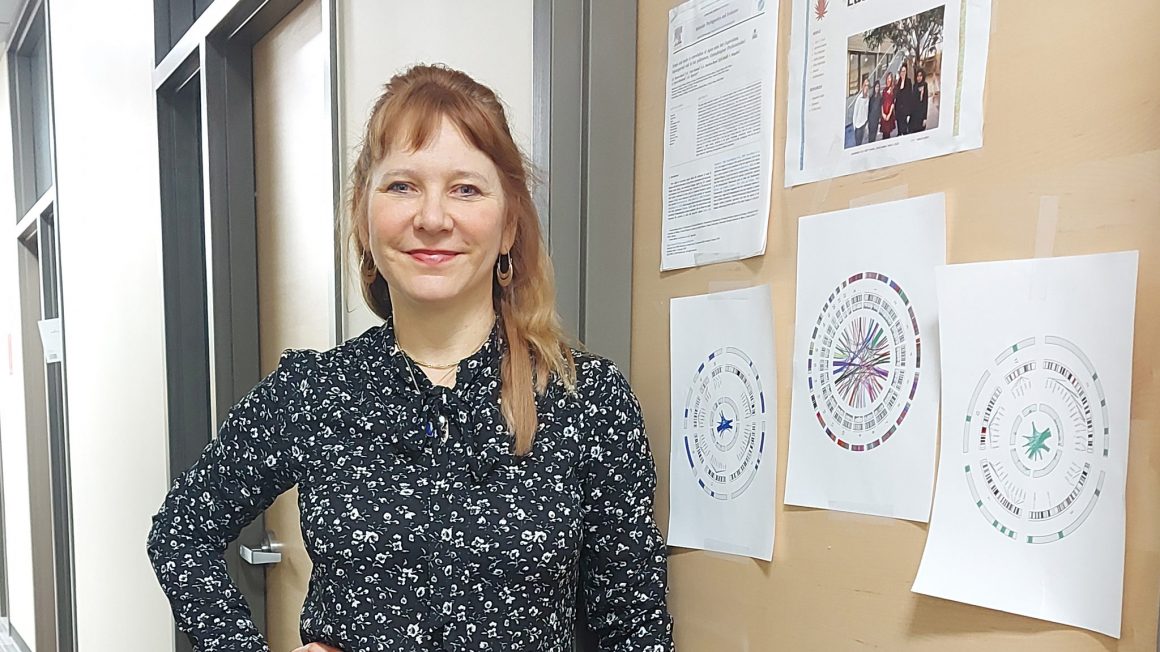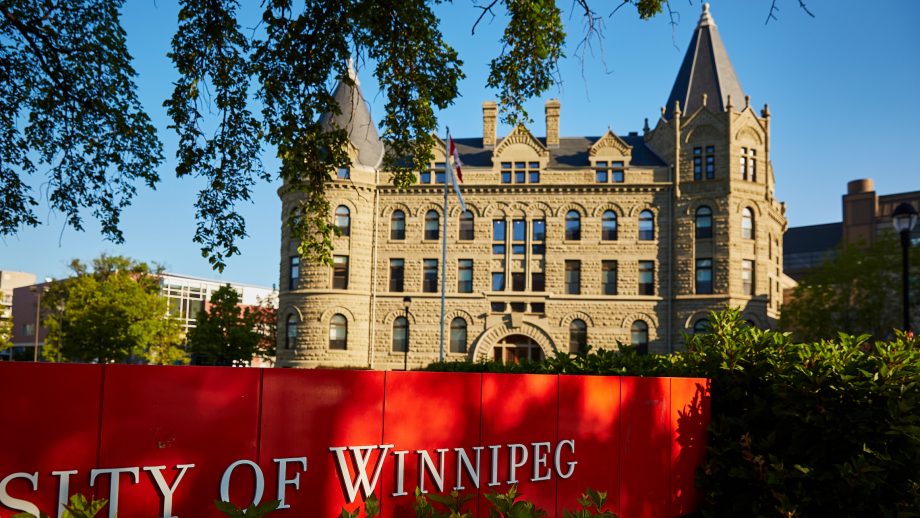It has been over a year since the first cases of Severe Acute Respiratory Syndrome Coronavirus 2 (SARS-CoV-2), the cause of the coronavirus disease-2019 (COVID-19), was found in Central Asia and announced in Kazakhstan. Since then, it has spread rapidly, exacting a devastating human toll across the globe.
Research by UWinnipeg biologist Dr. Sara Good, alum Dr. Sergey Yegorov (the first author), and postdoctoral Fellow Dr. Dmitriy Babenko aims to increase transparency over COVID-19 reporting and facilitate public health policies and interventions in Kazakhstan, and in other, neighbouring countries with a similar ethnic, socio-cultural and healthcare profile.
They have co-written a paper with an international team of researchers that is published in The Lancet Regional Health – Europe.
The paper, Epidemiology, clinical characteristics, and virologic features of COVID-19 patients in Kazakhstan: A nation-wide retrospective cohort study, is the first study to provide a detailed insight into the clinical and epidemiologic correlates of COVID-19 in this diverse Central Asian population.
“We are incredibly interconnected and vulnerable to the ever-changing genomic landscape of the virus and its’ apparent ability to find new ways of increasing rates of transmission while continuing to exert a devastating toll on human health,” said Good.
The researchers found that COVID-19 severity and mortality in Kazakhstan were associated with older age, comorbidities, increased leukocyte counts, and male sex, while ethnicity also played a key role.
The broad diversity of SARS-CoV-2 genomic lineages, including a lineage unique to Kazakhstan, suggested multiple COVID-19 importations into Kazakhstan, including some that appear to have occurred earlier in the pandemic than currently thought.
While the search for effective treatments continues and vaccines have commenced early implementation it is imperative that up-to-date information be available from diverse populations on the disease epidemiology, clinical presentation, and population-specific characteristics influencing COVID-19 prevention, treatment, and vaccine strategies.
This is especially critical in low-and middle-income countries (LMIC), where epidemiologic surveillance is often constrained due to resource shortages.
Good is proud of the research and hopes it will continue to impact public health policies and interventions.
“It has been rewarding to learn about the regional issues regarding the pandemic in Central Asia, and it has been a good opportunity to train high qualified personal at UWinnipeg in this important research area,” she said.






